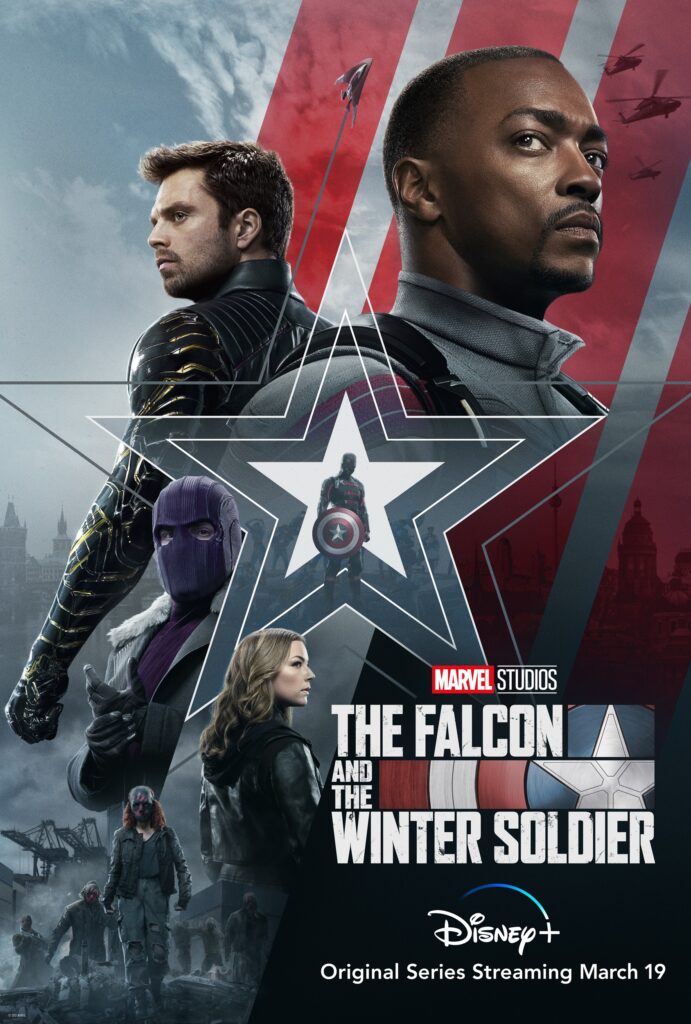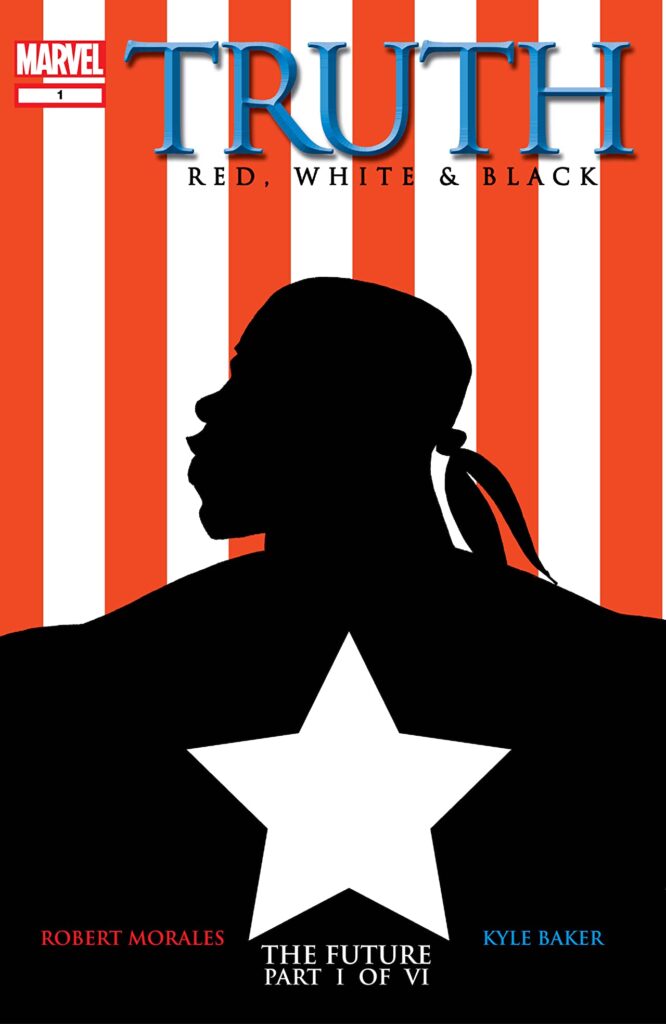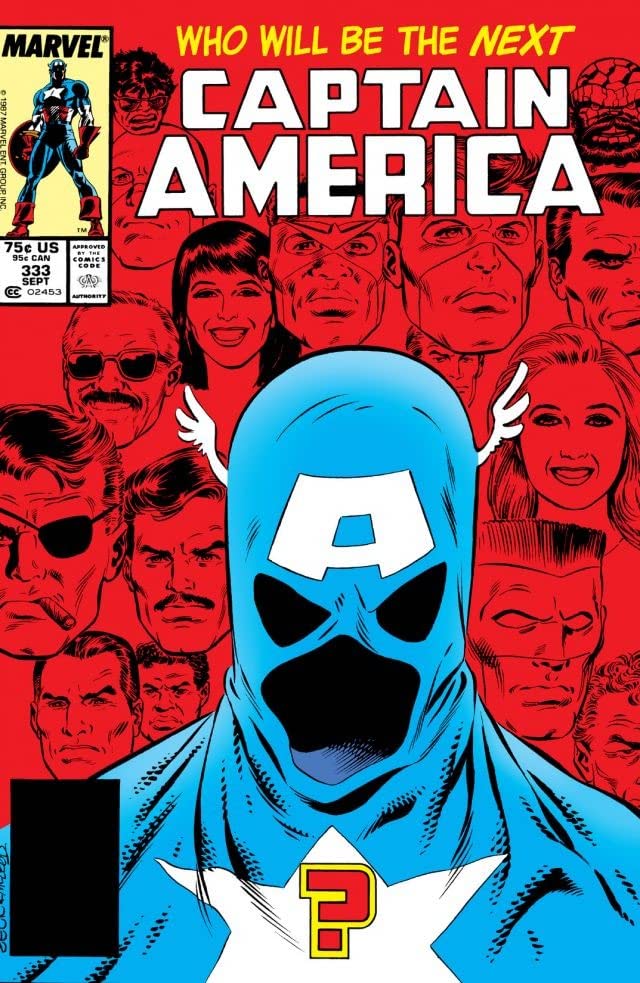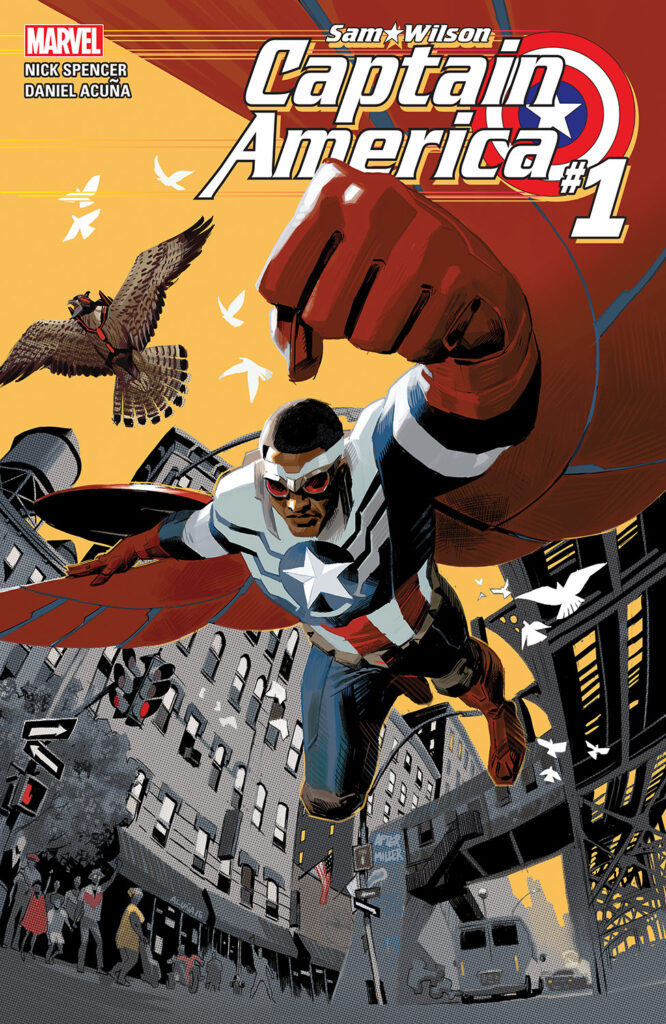A Falcon and Winter Soldier Pull List

With the mountain of Marvel shows coming down the line, it’s time to look at the comic origins for a lot of the concepts and characters the shows are working with. I regularly make pull lists for friends and with that sweet Comixology membership still charging me, I figured it was time to make good use of it. With that said, here’s a curated pull list for The Falcon and The Winter Soldier:

Truth: Red, White & Black (2003)
The idea that Steve Rogers never heard of Isaiah Bradley makes sense because that’s how urban legends work. They’re like rumors in communities and don’t travel far outside of them. In Truth, we examine one, in Bradley’s life. The soldier was a part of experiments to recreate Rogers’ super-soldier serum during World War II, which mirrored real-life experimentation on Black bodies, like the Tuskegee syphilis study. The seven-part miniseries explores how the first Black Captain America went from soldier to prisoner to mythical being amongst Black superheroes and his deterioration because of the experiments by the government. His live-action introduction deviates from the comics, yet still drives in that what happened to him is not only wrong but has long-lasting effects.

Captain America #333 (1987)
One of my favorite things is how much people truly dislike John F. Walker (Wyatt Russell) which clearly underlines Russell’s knowledge of the character and where this potentially could shift to. Even Walker’s first appearance as the book’s title character is a government decision to keep up with appearances after Rogers quits and becomes The Captain. Before you ask—Sam Wilson’s dismissal from contention is because he’s Black. Walker is previously seen in the antagonist role of Super Patriot, so the switch throws you for a surprise. Although, spoiler alert: he isn’t a great replacement and abdicates the job after his demons come to light and switches to the U. S. Agent, further cementing his design as clearance rack Cap.

Captain America: Sam Wilson, Vol. 1 (2015-2016)
When Sam Wilson gets his shot at the shield in the comics, he jumps at it immediately. However, something the show does is allow him to have more of human response—he turns it down, feeling the burden with the job. Being the first Black anything feels like a reward but also an open avenue for racialized criticism and the weight of expectations from others as a representative of a community in a larger role. The situation leading to the offer is similar: Rogers is finally physically his actual age. In the comics, taking the opportunity actualizes the worries with becoming the Black successor to an icon. The higher amount of criticism that could come with the role, aside from the usual danger in being a superhero, plays out for Wilson, and how he navigates it always gives you food for thought at every level. I’m expecting Anthony Mackie to get his turn as the symbolic hero at some point, so sort of treat this as what may come on the screen at some point. As well, we have the first appearance of Joaquin Torres, who later becomes Falcon after a run-in with the Sons of Serpents.
Quick Notes:
- Madripoor’s first appearance is in New Mutants #32 (1985) when the title team tracks down someone thought to be dead. Come for the beach, stay for Wolverine’s adventures as Patch in the Princess Bar on the Southeast Asian Tortuga. Also, mutants…maybe…Come on Feige give me something.
- Karli Morgentheau (Erin Kellyman) is an interpolation of Karl Morgentheau, aka Flag Smasher. He also is an anti-nationalist figure, but sadly lacks a super-soldier serum in his veins. His first appearance is in Captain America #312 (1985).
- Power Broker’s first name appearance is in The Thing #35 (1986) and at one point works for Red Skull. This character’s existence feels due in the MCU when you consider that the antagonists would want to keep up with the super-powered heroes somehow. Look at Vulture’s career in Spider-Man: Homecoming.
- In Captain America #34 (2005), post Civil War, Bucky Barnes becomes Captain America. Rogers doesn’t quit; instead, he gets “assassinated” by Sharon Carter (I’d explain but I failed Physics of Bullshit Convenience twice). Rogers chose him and Barnes takes the role, after having his brainwashing wiped. Barnes is a better Cap than Walker but gradually has to learn to accept himself in the role over time. And also, not kill everything in front of him.
And that’s it for this show. If I think of any more, I’ll tweet them out. For now, I have to start reading about Loki, which will take a while.



